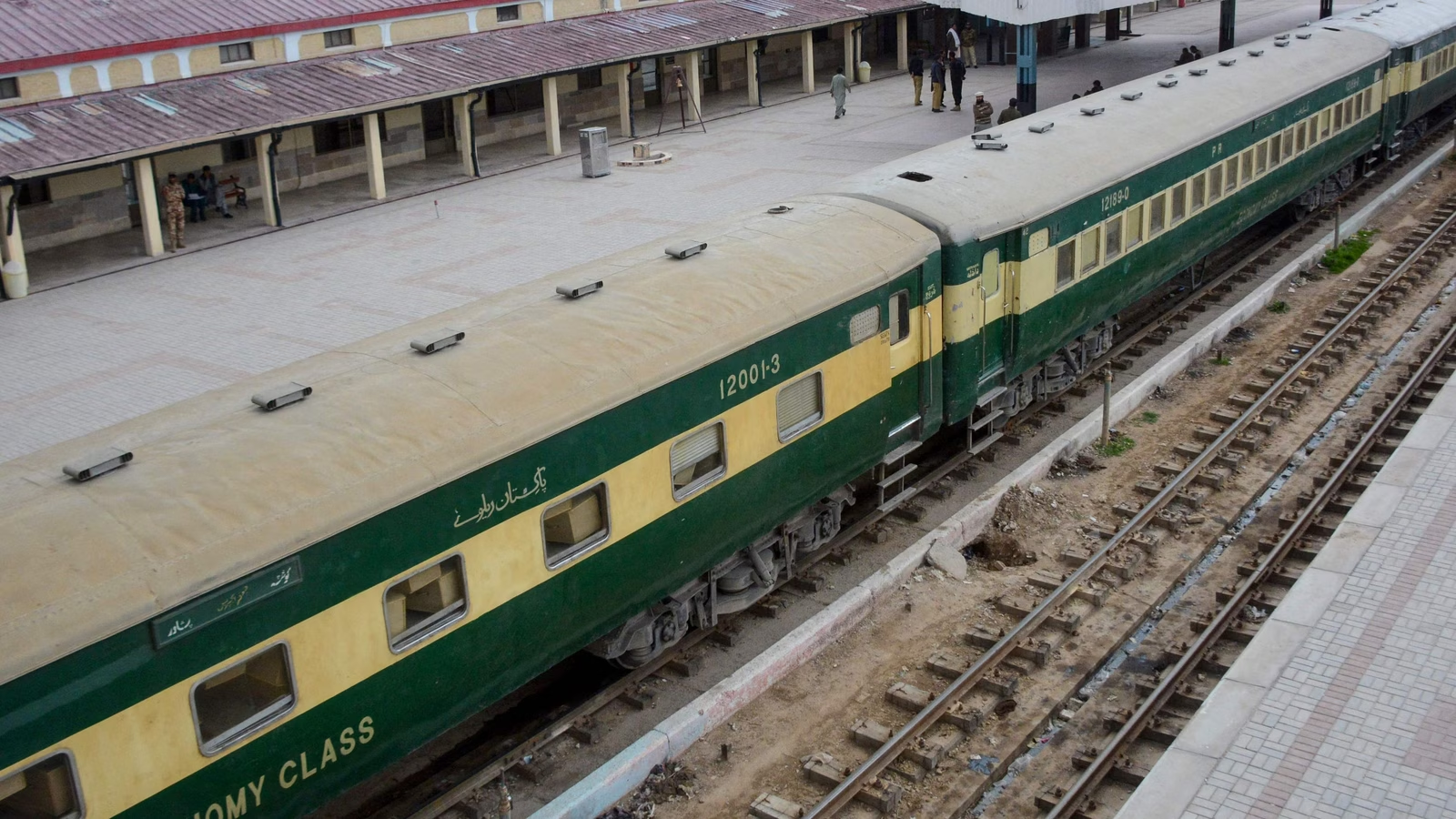The political landscape in Pakistan is once again abuzz with internal discord, this time within the ranks of the Pakistan Tehreek-e-Insaf (PTI). A palpable division has emerged among the party’s top leadership concerning the precise timeline for launching a nationwide protest movement, a campaign primarily aimed at securing the release of their incarcerated leader, Imran Khan. This internal friction, highlighted by recent statements from prominent PTI figures, casts a shadow of uncertainty over the party’s future strategy and its ability to present a united front.
The Emerging Rift in the PTI Protest Movement
At the heart of this division are contrasting views on the urgency and planning required for the proposed demonstrations. Khyber Pakhtunkhwa Chief Minister Ali Amin Gandapur has adopted a resolute stance, indicating a strict 90-day deadline for the party to make a definitive decision on its political engagement, framing the upcoming protest as a “do or die” scenario. His pronouncements suggest an unwavering commitment to a swift and decisive course of action to press for Imran Khan’s freedom.
However, this assertive timeline has not been met with universal agreement within the party. Aliya Hamza, the PTI Punjab Chief Organiser, has publicly voiced her reservations and sought clarity on the specifics of the planned PTI protest movement. Her questions delve into the operational details for Imran Khan’s release, and she has openly queried the origin of the 90-day plan, contrasting it with a previously floated date of August 5 for protest action. Such inquiries underscore a need for greater internal consensus and a unified strategy, highlighting potential fragmentation in the decision-making process.
Understanding Gandapur’s Vision for the PTI Protest Movement
Gandapur’s robust statements came in the wake of the formal initiation of PTI’s anti-government movement. This movement is anticipated to reach its crescendo by August 5, marking the two-year anniversary of Imran Khan’s imprisonment. The Chief Minister had previously asserted that Imran Khan himself would personally spearhead this significant PTI protest movement, a declaration that imbues the planned demonstrations with considerable weight and anticipation among the party’s grassroots supporters.
He has consistently emphasized that the PTI’s struggle transcends mere political maneuvering; it is, in his words, a fight for the very people of Pakistan against what he describes as a “fascist campaign.” Gandapur contends that this campaign is actively infringing upon the fundamental constitutional right to protest, a cornerstone of democratic expression. In light of this, he has revealed plans to seek official permission for a major rally in Lahore, a city often considered the political heartland of Pakistan. Furthermore, he has pledged comprehensive support and logistical facilities for similar rallies orchestrated within Khyber Pakhtunkhwa, underscoring the party’s commitment to mobilize across its strongholds.
The 90-Day Ultimatum and Calls for Reconciliation
In a stark warning to political opponents and state institutions, Gandapur has forewarned that the ensuing 90 days will witness a “real final show” from the party founded by Imran Khan. This declaration signals a period of intense political activity and potentially heightened confrontation. Yet, amidst this assertive rhetoric, Gandapur also extended an olive branch, urging for reconciliation. “Let’s sit together, admit our mistakes, and fix things,” he proposed, suggesting a willingness to engage in dialogue, albeit from a position of strength.
His criticism was not confined to political adversaries; he also directed sharp remarks towards state institutions, accusing them of overstepping their mandate by engaging in politics and playing a role in the toppling and subsequent governance of administrations. Gandapur adamantly asserted that such involvement falls outside their prescribed responsibilities, questioning the trajectory they are steering the nation towards. As a son and brother of soldiers, his call for reform within these institutions carries a particular resonance, advocating for a return to their constitutional roles.
Imran Khan’s Philosophy and the PTI Protest Movement
Ali Amin Gandapur reiterated a core tenet of Imran Khan’s political philosophy: that politics should be pursued for the betterment of future generations, rather than for personal aggrandizement. He reminded his audience that Imran Khan had consistently spoken of ushering in change within a 90-day timeframe, a period that, according to Gandapur, has now officially commenced. This reiteration serves to link the current strategic discussions directly to the foundational principles and expectations set forth by the imprisoned leader.
In a move that added a touch of personal challenge to the political discourse, Gandapur also openly dared Jamiat Ulema-e-Islam (F) chief Maulana Fazlur Rehman to contest an election against his brother, Faisal Gandapur, in Dera Ismail Khan. He dramatically vowed to withdraw from politics entirely should his brother suffer defeat in such a contest. This challenge injects a personal and localized dimension into the broader narrative of the PTI protest movement, showcasing the confidence and assertiveness within certain factions of the party.
The Path Forward for the PTI Protest Movement
The visible divergence within the PTI leadership concerning the timeline and execution of the PTI protest movement poses a significant challenge for the party. While Gandapur’s firm stance reflects a desire for immediate and impactful action, Aliya Hamza’s questions highlight the importance of meticulous planning and internal cohesion. For the PTI to effectively mobilize its base and achieve its stated objective of securing Imran Khan’s release, it will need to bridge these internal gaps and forge a unified strategy. The coming weeks, particularly leading up to the anticipated August 5 deadline, will be crucial in determining whether the party can overcome these divisions and launch a cohesive and impactful protest movement, or if internal disagreements will further complicate its path forward in the turbulent political landscape of Pakistan. The success of the PTI protest movement hinges on its ability to speak with one voice and move in one direction.
Discover more from RastriyaSamachar24x7
Subscribe to get the latest posts sent to your email.




